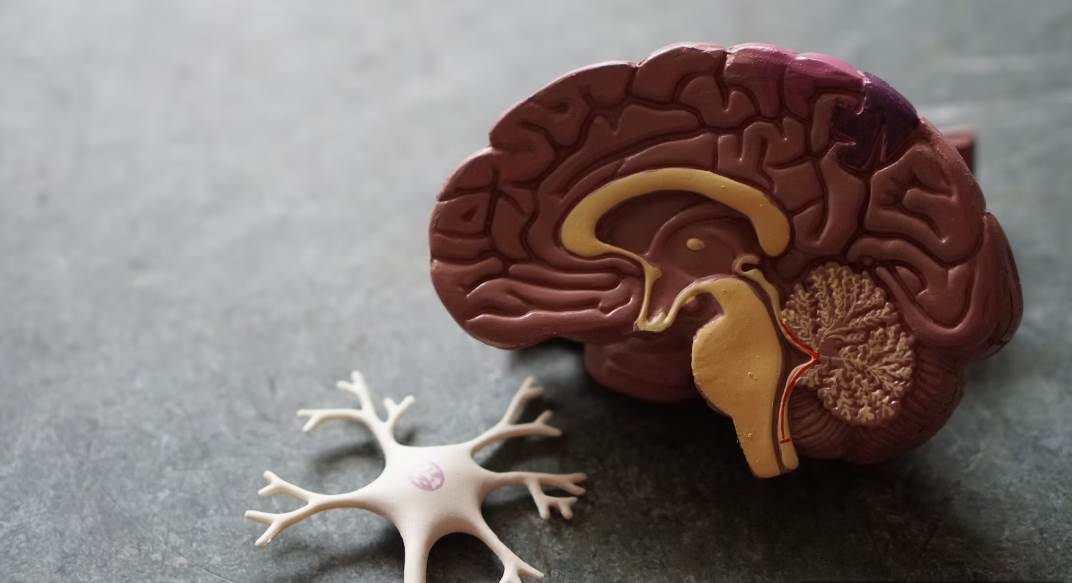Brain Tumor - Warning Signs & Symptoms

The human brain is a complex and intricate organ responsible for controlling our thoughts, emotions, and bodily functions. Although brain tumors are relatively rare, it's important to be aware of warning signs that may indicate their presence. Early detection can have a significant impact on treatment outcomes, so it is important to recognize potential signals. In this article, we look at the warning signs of brain tumors and explain why it's important to pay attention to these symptoms for your health.
1. Persistent headache:
One of the most common symptoms associated with brain tumor is persistent, unexplained headaches. Occasional headaches are normal, but if you notice a significant increase in their frequency or intensity, especially if they are worse in the morning or are accompanied by vomiting, it is important to seek medical attention.
2. Changes in vision:
Vision problems such as blurred vision or double vision may indicate a brain tumor that affects the optic nerve or other areas involved in vision. If you notice sudden or gradual changes in your vision, such as loss of focus or difficulty seeing clearly, it is important to seek medical attention promptly.
3. Seizure:
Seizures, whether partial or generalized, can be a sign of abnormal brain activity and may be related to the presence of a tumor. If you are experiencing seizures for the first time or notice an increase in their frequency, it is important to consult a neurologist to determine the underlying cause.
4. Cognitive and personality changes:
Brain tumor can affect cognitive function and cause personality changes. If you or a loved one notices memory loss, difficulty concentrating, confusion, or changes in behaviour or mood, a thorough medical evaluation is essential.
5. Weakness or numbness:
Weakness or numbness in one part of the body, often on one side, may indicate a brain tumor that is affecting the motor functions of the brain. If you experience unexplained weakness or tingling, seek immediate medical attention, especially if it is persistent or progressive. Coordination and balance issues:
Brain tumors can affect the brain's ability to control movement, causing problems with coordination and balance. If you frequently stumble, have trouble maintaining your balance, or experience unexplained clumsiness, it's important to see your doctor.
These warning signs can indicate a variety of health problems, but it's important not to ignore symptoms that persist or get worse. If you or someone you know experiences any of these warning signs, it is important to seek medical attention immediately. Early detection and intervention play a key role in improving the prognosis and quality of life for individuals diagnosed with brain tumors. Regular health check-ups and open communication with your doctor can help maintain your overall health and identify potential problems before they become serious. Remember that your health comes first and that being proactive can make a big difference in your life.
For personalized advice and consultation on any brain and spine-related concerns, it is strongly recommended to seek the expertise of a qualified medical professional. We encourage you to consult with Dr. Adarsh Patel, a best neurosurgeon in ahmedabad for their expertise in addressing various neurological and spinal conditions. Dr. Adarsh Patel possesses a wealth of experience and is committed to providing comprehensive and individualized care to patients. To schedule an appointment or seek further guidance, please contact Dr. Adarsh Patel directly Click Here. Your health is of utmost importance, and consulting with a specialist ensures that you receive accurate information tailored to your specific needs.
Disclaimer: The information provided in this article is for general informational purposes only and is not intended as, nor should it be considered, a substitute for professional medical advice. Do not use the information on this website for diagnosing or treating any medical or health condition. If you have or suspect you have a medical problem, promptly contact your professional healthcare provider.
